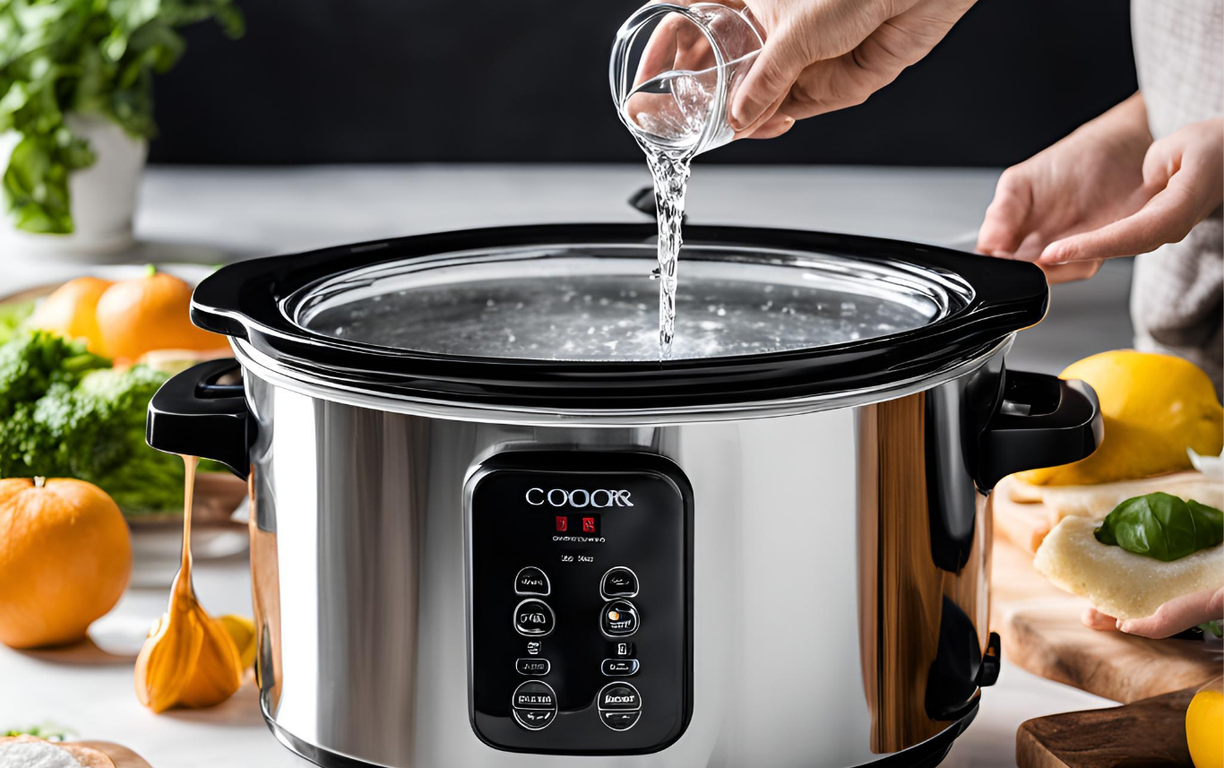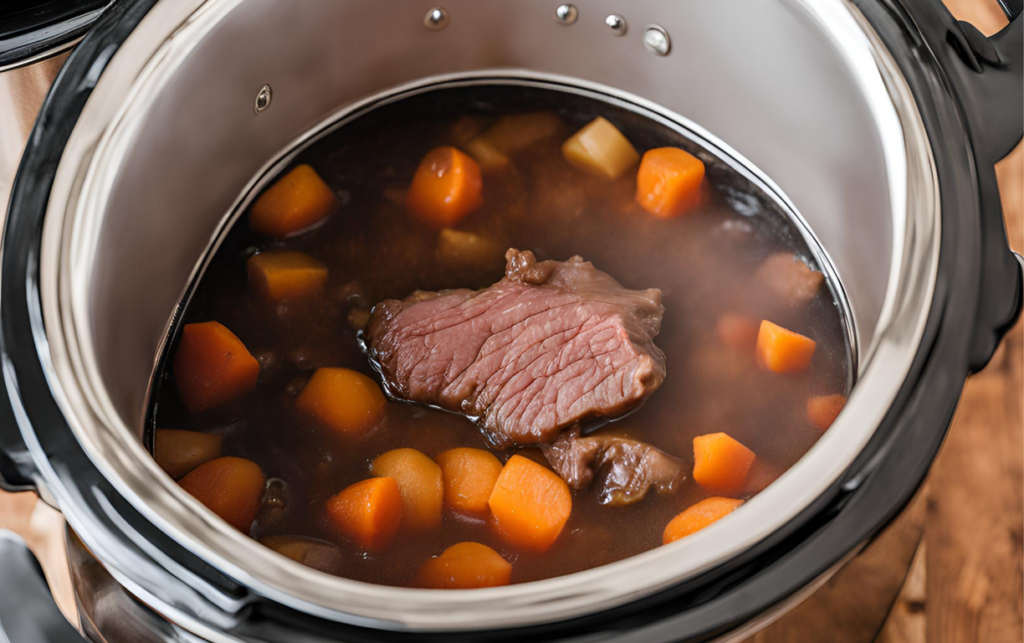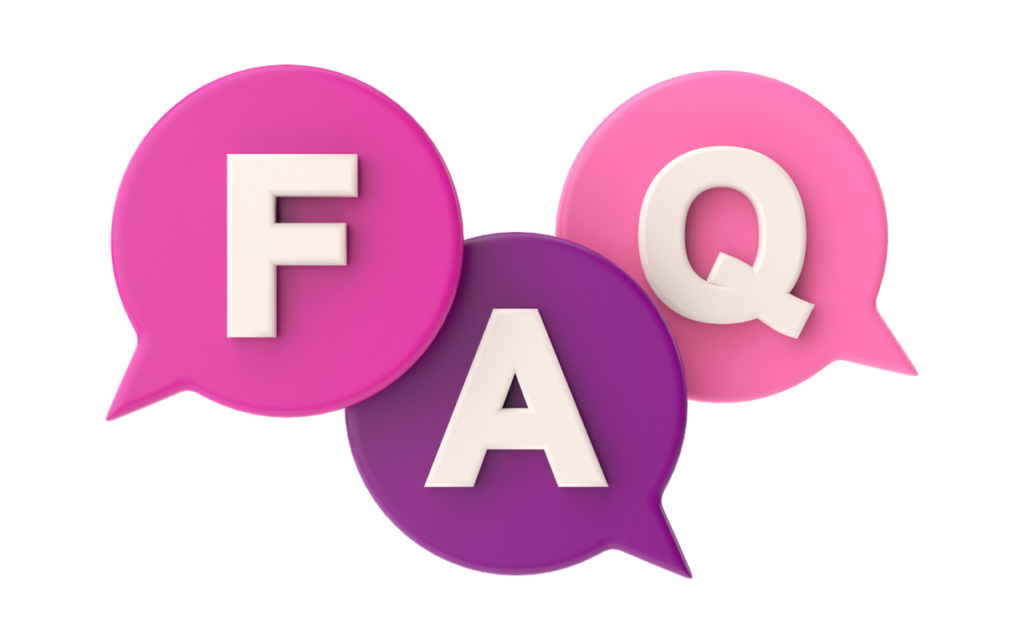Physical Address
304 North Cardinal St.
Dorchester Center, MA 02124
Physical Address
304 North Cardinal St.
Dorchester Center, MA 02124


When it comes to using a slow cooker, one question often arises: should you add cold or boiling water? This seemingly simple choice can impact your cooking results, affecting flavor, texture, and overall meal quality. Understanding the best practices for adding liquid can elevate your slow-cooked dishes from good to great.
Many home cooks are unsure about the right approach, leading to confusion and potential cooking mishaps. Whether you’re preparing a hearty stew or a savory soup, knowing how to properly use water in your slow cooker can make all the difference. Let’s dive into the details and discover the best way to achieve delicious, perfectly cooked meals every time.
Slow cookers use low, steady heat to cook food over an extended period. This cooking method allows flavors to blend and ingredients to tenderize, resulting in delicious, hearty meals.
Slow cookers consist of three main components: the outer casing, the cooking pot, and the lid. The outer casing contains an electric heating element that surrounds the cooking pot. When plugged in, the heating element generates low, even heat, which cooks the food inside the pot. The lid traps moisture and heat, creating a sealed environment that enhances flavor and texture. The slow cooking process typically ranges from 4 to 10 hours, depending on the recipe and setting used.
Slow cooking offers numerous benefits:
Understanding these aspects of slow cookers can greatly influence your cooking approach, helping you achieve the best results.
Choosing between cold and boiling water affects cooking efficiency and meal quality. Each option presents distinct advantages depending on your recipe and ingredients.
Using boiling water reduces the overall cooking time in a slow cooker. Boiling water brings the ingredients up to temperature quickly, initiating cooking before the slow cooker’s heat takes effect. Cold water, on the other hand, prolongs the cooking time as the appliance gradually heats the liquid and ingredients. This difference can impact meal completion, especially when preparing time-sensitive dishes.
Cold water contributes to a slower, more gradual cooking process, which enhances flavor infusion and results in tender meats and vegetables. The longer cooking duration allows spices and seasonings to meld effectively, producing richer flavors. Boiling water can sometimes lead to uneven cooking or loss of moisture in delicate ingredients, as the rapid temperature increase can toughen proteins. Understanding these effects helps you optimize your slow cooking outcomes for a delicious, satisfying meal.
Understanding the best practices for using water in slow cookers enhances the cooking process and improves meal quality. The choice between cold and boiling water significantly impacts cooking efficiency and flavor development.
Utilize cold water for most slow cooker recipes. Cold water slowly brings ingredients up to temperature, allowing flavors to meld over time. This temperature provides a gradual cooking process that preserves texture and moisture. In contrast, when quickly introducing boiling water, the heat can initiate cooking immediately, which may lead to uneven results or moisture loss in delicate ingredients.
Use cold water primarily for recipes that require extended cooking times or consist of tougher cuts of meat. This method enhances flavor infusion and tenderness. Reserve boiling water for occasions when you need to shorten cooking times, such as soups or stews that benefit from rapid heating at the start. Each approach serves a purpose, and knowing when to apply them can yield optimal results in your slow cooker meals.
Many myths surround the use of water in slow cookers. Understanding the truth behind these misconceptions can improve your cooking experience and enhance your meals.
Using boiling water isn’t always necessary. While it speeds up the heating process, it can cause uneven cooking in certain dishes. Ingredients sensitive to high heat, like vegetables, may lose texture and nutrients. It’s important to consider the recipe; for most slow-cooked meals, cold water helps maintain the integrity of the ingredients, allowing for deeper flavor development over time.
Cold water won’t damage your slow cooker. These appliances are designed to handle a range of temperatures, including cold liquids. Starting with cold water often allows for better flavor infusion as the gradual heating process extracts flavors from ingredients like herbs and spices effectively. As long as you’re using it within the manufacturer’s guidelines, cold water is safe and beneficial.
Choosing between cold or boiling water in your slow cooker can make a noticeable difference in your meals. By understanding the unique benefits of each option you can enhance flavor and texture in your dishes.
For most recipes cold water is the way to go as it allows for a gradual cooking process that melds flavors beautifully. On the other hand boiling water can be useful for specific recipes like soups or stews where quick heating is beneficial.
By applying these insights you’ll not only optimize your slow cooking experience but also create delicious meals that impress your family and friends. Enjoy experimenting with your slow cooker and savor the results!

Using cold water is generally recommended for most recipes, as it helps preserve the texture and moisture of ingredients while allowing flavors to blend gradually. Boiling water is best reserved for recipes that benefit from rapid heating, such as soups or stews.
Slow cookers offer several benefits, including convenience, enhanced flavor development, improved tenderness of meats, better nutrient retention, and energy efficiency. These advantages make slow cooking an excellent choice for preparing delicious meals.
Yes, using boiling water can reduce overall cooking time by quickly heating the ingredients. However, it may lead to uneven cooking or moisture loss in delicate items, which is why cold water is often preferred for optimal results.
No, cold water will not damage a slow cooker. These appliances are designed to handle various temperatures. Starting with cold water can actually enhance flavor infusion and improve the quality of your dish.
Cold water allows spices and seasonings to meld over a longer cooking period, resulting in richer flavors in the final dish. This gradual infusion process is ideal for achieving deep, satisfying tastes in slow-cooked meals.